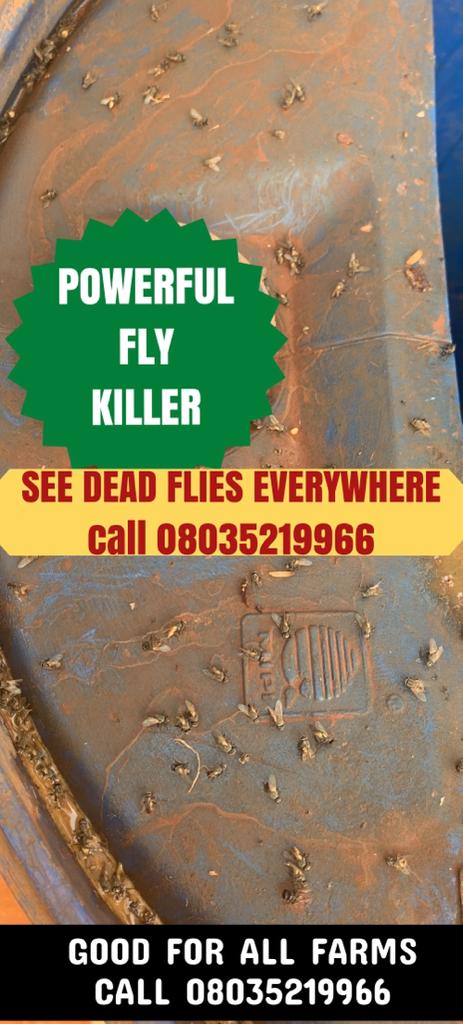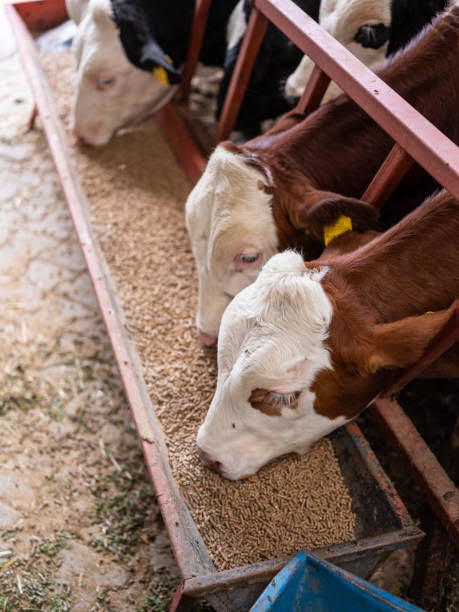🔥E- book offer of the day:👇🏽👇🏽
Poultry farming business report volume 1
21 nutrition basics for your ruminants farming business
- 1. **Forage-Based Diet**: Ruminants, like cattle and sheep, thrive on a forage-based diet, consisting of grasses and legumes.
 Learn More
Learn More2. **Balanced Roughage**: Provide a mix of roughage, including hay or silage, for proper digestion and fiber intake.
3. **Energy-Rich Grains**: Supplement the diet with energy-rich grains like barley or corn for additional nutrients.
4. **Protein Supplements**: Include protein supplements, such as soybean meal or alfalfa, to meet their protein needs.
5. **Mineral Mix**: Ensure a balanced mineral mix, with a focus on calcium, phosphorus, and salt for bone health.
6. **Vitamin Supplementation**: Supplement with vitamins, especially A, D, and E, to support overall health.
7. **Water Availability**: Ensure access to clean and abundant water for proper hydration and digestion.
8. **Avoid Overfeeding Grains**: Be cautious with grain feeding to prevent acidosis; introduce grains gradually.
9. **Salt Blocks**: Provide salt blocks for additional mineral intake and to encourage water consumption.
Invest in this knowledge-packed ebook promptly. 👉 20 questions to ask your poultry farm manager everyday
10. **Copper Supplementation**: Depending on the region, supplement with copper to prevent deficiencies.
11. **Maintain Pasture Quality**: Regularly rotate pastures and manage grazing to maintain forage quality.
READ ALSO 10 ways to manage odours in a ruminants farm with full explanations
12. **Monitor Body Condition Score**: Regularly assess the body condition score and adjust the diet accordingly.
13. **Avoid Toxic Plants**: Keep pastures free from toxic plants that can harm ruminants.

14. **Consistent Feeding Schedule**: Establish a consistent feeding schedule to maintain rumen health.
15. **Silage Quality**: If using silage, ensure proper fermentation and storage for high-quality feed.
16. **Veterinary Consultation**: Regularly consult with a veterinarian for health checks and advice.
17. **Parasite Control**: Implement a parasite control program to safeguard against internal parasites.
18. **Biosecurity Measures**: Implement biosecurity practices to prevent the introduction of diseases.
READ ALSO 5 key diseases of goats you must not joke about
19. **Vaccination Protocols**: Follow recommended vaccination protocols for ruminants to prevent diseases.
20. **Comfortable Shelter**: Provide shelter to protect against extreme weather conditions.
ATTENTION: Click “HERE” to join our WhatsApp group and receive More updates directly on your WhatsApp!
21. **Proper Space Allocation**: Avoid overcrowding in barns or pastures to reduce stress and promote well-being.
Consulting with a ruminant nutritionist or veterinarian is essential for tailoring the nutrition plan to your specific farming conditions and the needs of your herd.
Purchase this compelling ebook instantly. 👉👉21 most important poultry diseases with prevention, control & treatment
🧩CREATED BY DR JOSEPH DEJI-FOLUTILE















